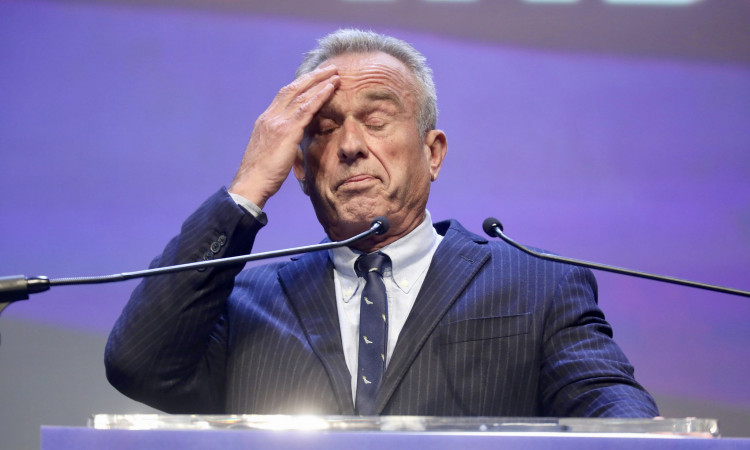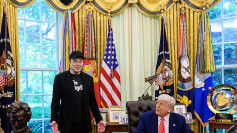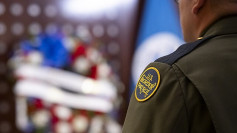Health and Human Services Secretary Robert F. Kennedy Jr.'s reconstituted vaccine advisory panel has postponed a closely watched vote on whether to delay the first hepatitis B shot for newborns, leaving the current recommendation in place for now.
The Advisory Committee on Immunization Practices (ACIP) was expected to decide Friday whether to move the first dose of the vaccine from birth to at least one month of age for babies born to mothers who test negative for hepatitis B. The vote was postponed after members agreed more time was needed to review data on safety, effectiveness, and timing.
"I believe that there's enough ambiguity here and enough remaining discussion about safety, effectiveness and timing that I believe that a vote today would be premature," said Dr. Robert Malone, who introduced the motion. All 12 members voted to delay.
The decision maintains the recommendation that all infants receive a hepatitis B vaccine within 24 hours of birth-a measure introduced in 1991 and credited with reducing hepatitis B infection among children by 99% between 1990 and 2019. ACIP also voted Friday to recommend universal hepatitis B screening for pregnant women.
Dr. Cody Meissner, professor of pediatrics at the Dartmouth Geisel School of Medicine, defended the birth dose during the meeting. "I don't think there's any question whatsoever that the benefit far outweighs any adverse side effects," Meissner said, warning that delaying could result in fewer infants completing the vaccine series.
CDC epidemiologist Dr. Adam Langer told the panel that "the sooner that the hepatitis B vaccine is provided after birth, the greater its effectiveness in preventing perinatal transmission." He said delaying the shot would create "a number of potential harms."
Vaccine makers also weighed in. "The reconsideration of the newborn Hepatitis B vaccination on the established schedule poses a grave risk to the health of children and to the public," said Dr. Richard Haupt, Merck's head of global medical and scientific affairs for vaccines. GSK, another manufacturer, submitted similar concerns.
Kennedy's reshaping of ACIP-he fired all 17 members earlier this year and appointed 12 new ones, including prominent vaccine skeptics-has sparked alarm among public health experts, who warn the new panel could undermine access to proven immunizations. The two-day meeting in Atlanta was at times tense, with medical group liaisons criticizing the committee for creating confusion about data and process.





